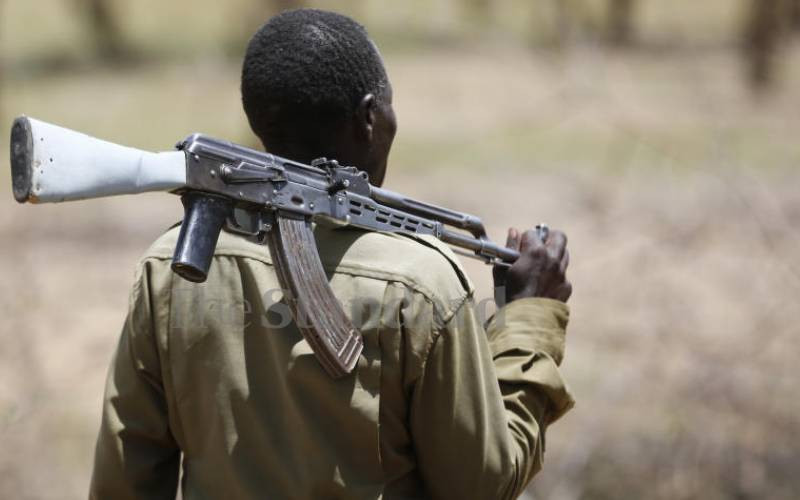×
The Standard e-Paper
Fearless, Trusted News

In the West, if you attack, injure, or kill a police officer you attract the wrath of the whole country and all law enforcement agencies.
They take it as an attack against the heart and fabric of the Nation and they will not rest until they bring the culprit(s) to book or to an early grave, if there is violent resistance. They respect and value the lives of their police officers.